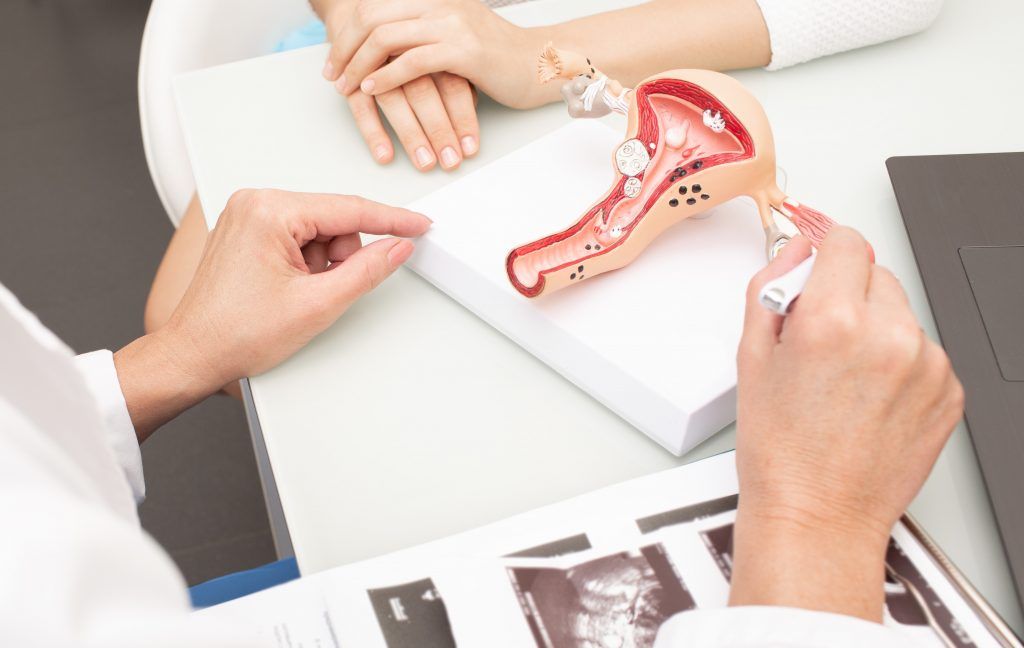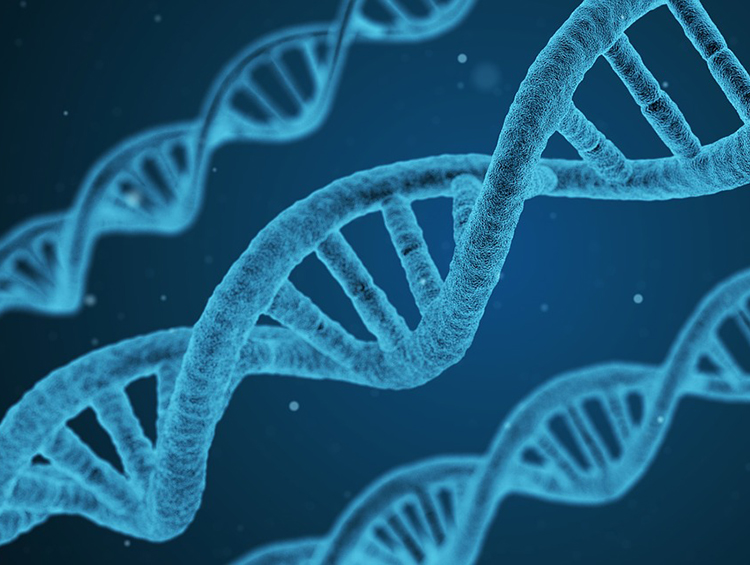
- Criotransferencia, Embriodonación, FIV, Ovodonación
Autora: Sylvia Fernández Shaw
 Español (Spanish)
Español (Spanish) Français (French)
Français (French) English
EnglishIt is diagnosed when a couple has been trying to conceive for a year unsuccessfully. The likelihood of achieving spontaneous pregnancy
is around 15-25% per month depending on the age of the woman.. This probability is stable during the first 6 months and then decreases gradually. After a year, the monthly probability of pregnancy is 5-10%,and less than 3% after 2 years.
Besides age, other factors may influencethefertility of a couple. The most commonare polycystic ovaries, the presence of endometriosis,repeated miscarriages; but we must not neglect the influence of other factors such as being overweight, alcohol, or smoking. Also genetic or family problemsas early maternal menopause may determine the fertility of women.
Fertility inwomen decreases gradually from 35 years, at 38 the drop is important and falls significantly after 40. In men,
fertility decreasessignificantlyafter45 years of age.
Endometriosis is the presence ofendometrium(inner mucous lining of the uterus) outside the uterine cavity. It usually appears in the ovaries, behind the uterus, bladder or bowels.It is present in 25-50% of women with fertility problems and is associated with pelvic pain during menses. Themost frequently recommended treatment isIVF. .
Polycystic ovaries is a hormonal disorder that affects approximately 5-10% of women of reproductive age The most common symptoms are absence orirregular mensesdue to lack of ovulation, and acne or hirsutism (excess of body hair) due to excess male hormones.

The recommended treatment is ovarian stimulation.
Ovarian failure is the condition where the number or quality of eggs present in the ovaries is diminished. It is often diagnosed from the age of 38 onwards and in women whose mothers experienced menopause before the age of 45. Recommended treatments include in vitro fertilization (IVF) if attempting pregnancy with one’s own eggs is desired, or egg donation if ovarian failure prevents obtaining one’s own eggs.
Male factor infertility is the condition in which the number, motility, or quality of sperm is decreased. It usually doesn’t present with symptoms but may occur after a history of genitourinary problems or due to certain lifestyle habits. Recommended treatments range from artificial insemination for mild male factors to in vitro fertilization (IVF) with intracytoplasmic sperm injection (ICSI) for severe cases.
Here is the process to get pregnant:
Source: Atlas of Assisted Reproduction


Camino de la Zarzuela, 19 28023 (Aravaca) Madrid.
+34 91 740 16 90
secretaria@urh.es
Monday to thursday
8:00h a 14:00h 15:00h a 19:00h
Friday
8:00h a 14:00h



Demande un rendez-vous.
PIDE CITA
Envíanos este formulario con tus preferencias para la cita (fechas y franja horaria) y te llamaremos por teléfono para concertarla. En caso de que quieras que te contactemos por e-mail indícanoslo en los comentarios. Muchas gracias.